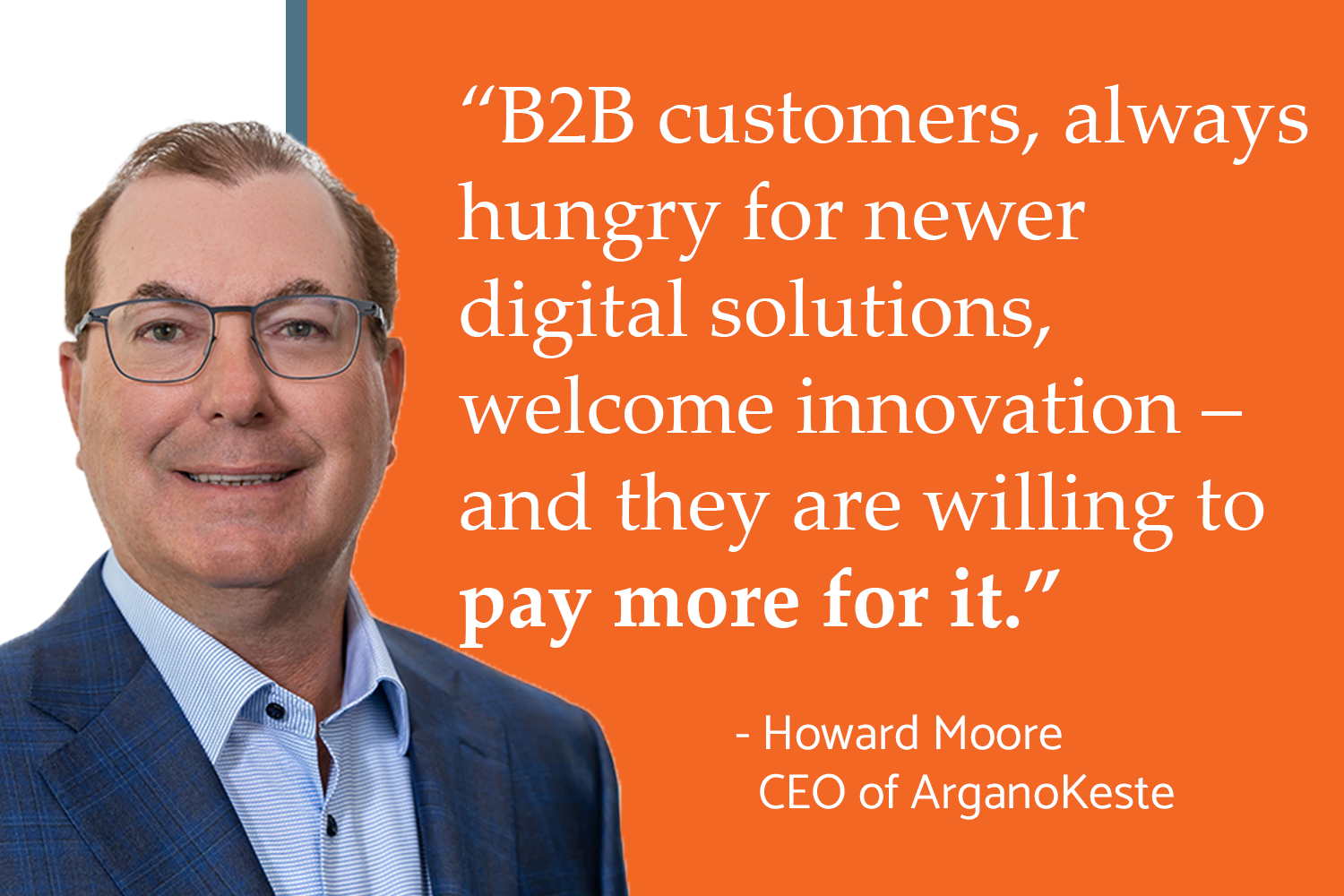Given the ongoing upheaval in global markets, it’s not surprising that contracts and contract lifecycle management (CLM) are increasingly under the corporate microscope. Flexibility and agility when it comes to contract management is critical, forcing many companies to recognize that the legacy, manual processes they have in place are holding them back and hindering organization-wide digital transformation efforts.
 To address this challenge, a growing number of businesses are turning to CLM software to automate and streamline the entire contract process. The resulting business intelligence and optimized processes lead to smarter growth, increased revenue, and elimination of costly contract errors.
To address this challenge, a growing number of businesses are turning to CLM software to automate and streamline the entire contract process. The resulting business intelligence and optimized processes lead to smarter growth, increased revenue, and elimination of costly contract errors.
Eliminate inefficiencies that drain deal value
Businesses in every industry are all too familiar with the daily challenges associated with poor contract lifecycle management. Although contracts govern about 80% of transactions and value in an average organization, researchers estimate inefficiencies related to contracts cause companies to lose anywhere between 5% and 40% of a deal’s value. There are often problems caused by inconsistent legal language, lack of visibility, and the uphill battle of trying to balance speed with control.
The unpredicatable nature of the COVID-19 pandemic has only magnified these challenges as supply chain disruptions and sudden swings in product demand have made CLM agility essential. In this dynamic and unforgiving business environment, it’s impossible to eliminate every variable or potential hurdle, however CLM doesn’t have to – thanks to next-gen technologies such as AI, machine learning and blockchain.
Speed up the sales cycle with automated CLM processes
By automating CLM businesses can eliminate error-prone manual processes and enable proactive digital oversight of contracts across the entire corporate portfolio. CLM software handles each step of the contract process, from initiation through final payment, including compliance and renewal. It helps manage the workflows of negotiation and approval, making contracts searchable for contacts, with the end result of streamlined business processes for employees, clients and suppliers.
As you would imagine, these benefits are particularly evident in the day-to-day operation of legal teams., While implementing CLM software will not decrease your need for talented corporate lawyers, it will transform their focus and value to your business by liberating them from the tedious back-and-forth of reviewing documents to focus on more important issues such as evaluating higher risk scenarios and complex business problems.
Additionally, CLM software enables the advanced analysis that digitally mature companies require to keep customers happy and stay ahead of the competition. With the powerful functionality it enables, your leadership team can get a complete view of contractual obligations – from outsourcing clauses to provisions for weather disasters – at the push of a button.
Use CLM to improve customer service and experience
Above and beyond business process optimization, CLM software makes financial sense. It mitigates the risk of costly errors and accelerates sales cycles. It makes sure the value of every contract is realized. It facilitates smooth customer onboarding by eliminating the tedium of finalizing contracts and supporting an enjoyable buying experience. Because CLM software generates contracts and executes contracts digitally, the process is close to frictionless. That eliminates irritation and leads to happier clients and helps solidify relationships for future growth.
When considering new CLM investments, Gartner recommends companies start by forming a multidisciplinary team to define contract workflows, document necessary functionality, and identify potential integration requirements. For instance, CLM integration with existing CRM and CPQ suites is a common scenario to consider during this initial planning stage.
Keep in mind, Gartner advises, that while the most progressive companies are using CLM throughout the enterprise, “adopting CLM does not demand an all-or-nothing approach.” For example, Conga can implement CLM at a departmental level, such as in procurement or sales.
As with other digital transformation efforts, starting small with CLM and expanding your efforts over time may be the best approach for your business.
The most important reason for making Contract Lifecycle Management software a key aspect of your digital transformation journey is forward-looking. Implementing an AI-powered CLM solution will instill your business with the necessary agility and proper tools to overcome whatever contract-related challenges lie ahead.








